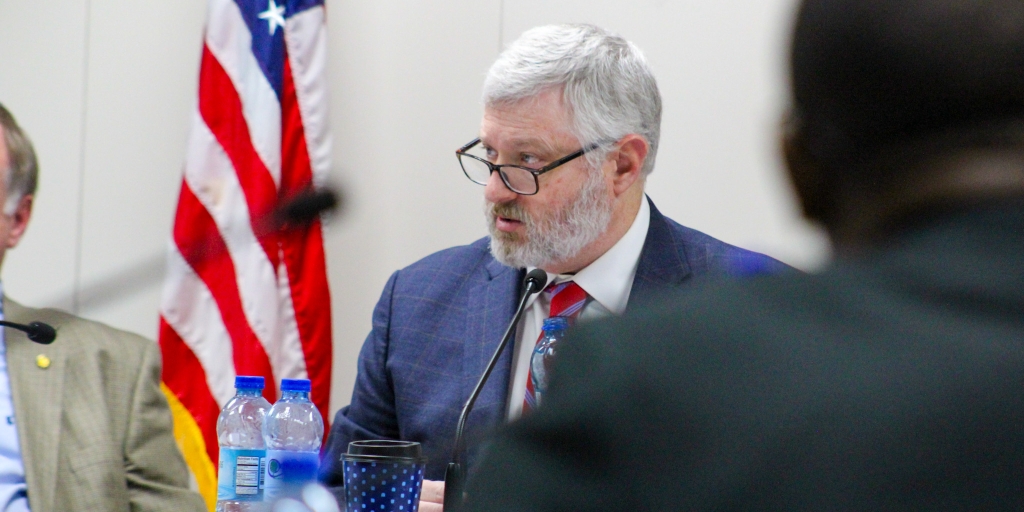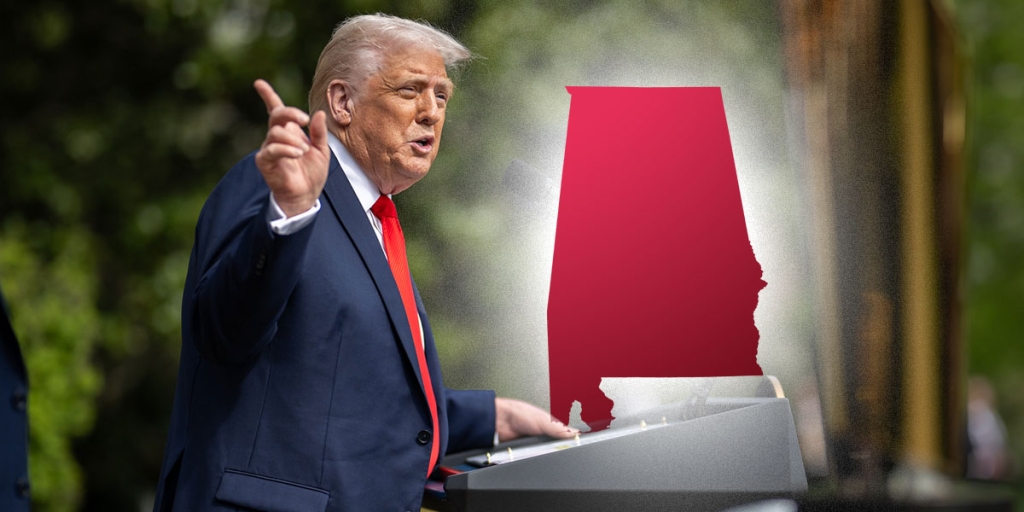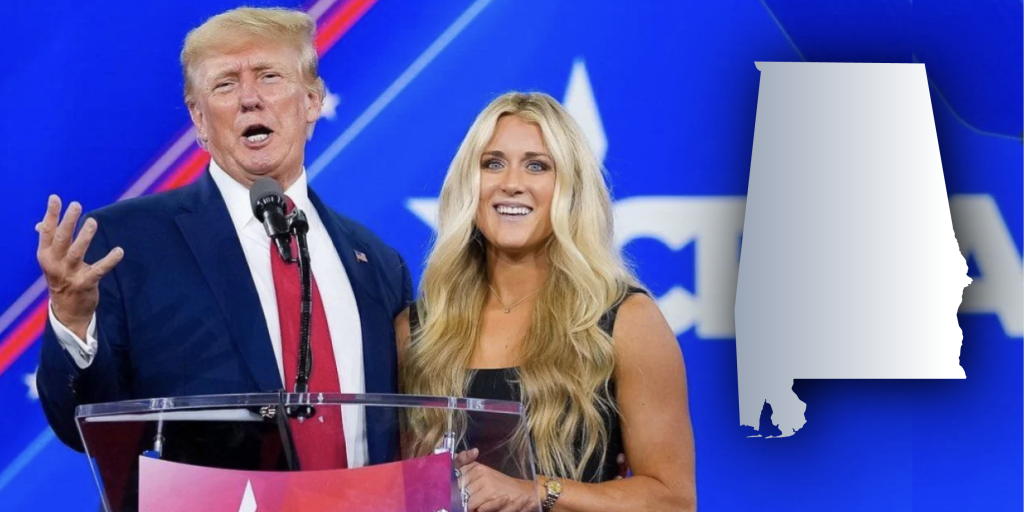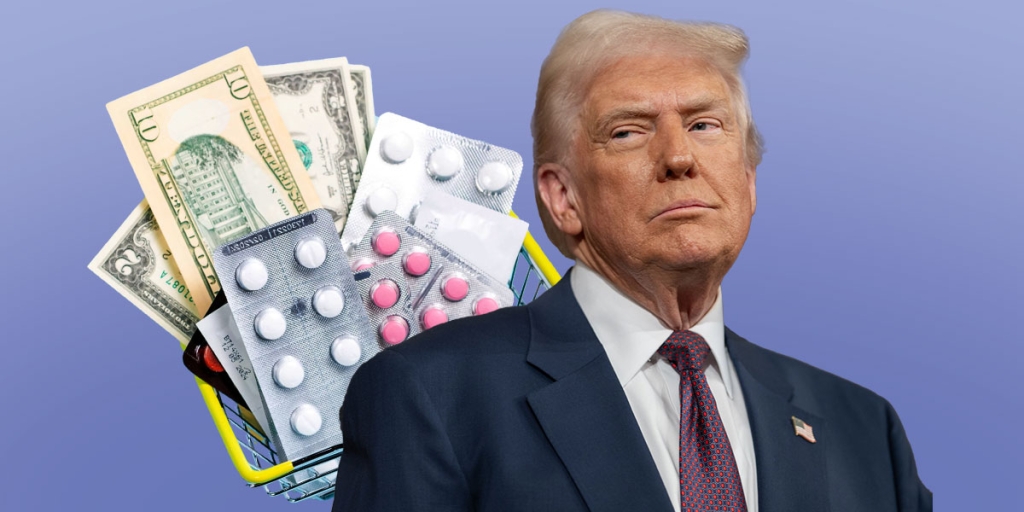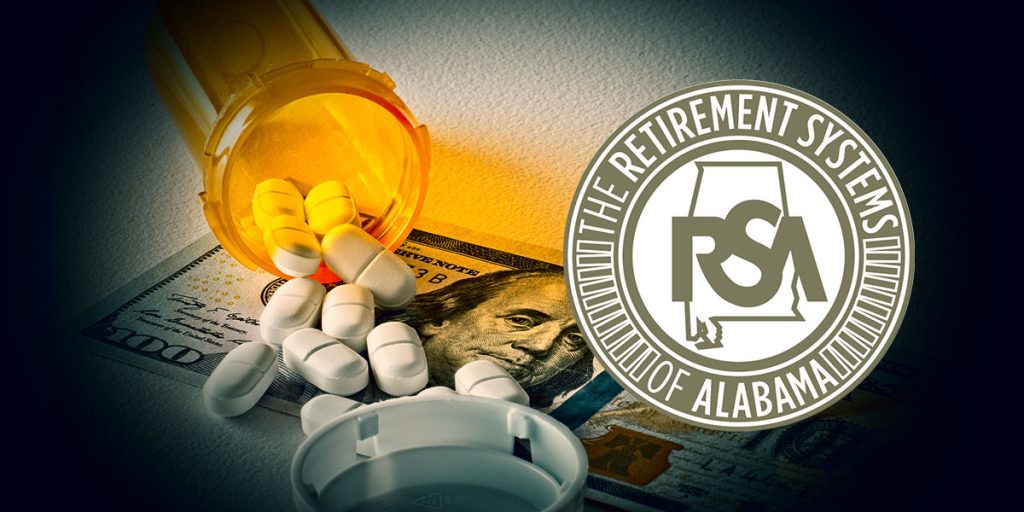The U.S. House Committee on Oversight will play a pivotal role in an upcoming hearing focused on pharmacy benefit managers (PBMs). The hearing is scheduled to take place on July 23 with the three largest PBMs testifying before Congress.
With Alabama U.S. Rep. Gary Palmer sitting (R-Hoover) on the committee, the hearing is being closely watched by Alabama employers that want to offer their employees cost-effective prescription drug benefits.
As highlighted in a recent video featuring Eric Hare, CEO of Global K9 Protection Group, Alabama employers are expressing their opposition to government interference in our health care system that would increase costs for employers, taxpayers, and consumers.
Hare and other major employers based in the state argue that their ability to offer quality, competitive prescription drug coverage is under threat as Congress continues to consider government mandates targeting the savings PBMs secure for employers, and the options available to employers to manage and reduce prescription drug costs.
“In a world without PBMs, where companies would have to have HR departments that understood how to negotiate or really have the leverage to negotiate against pharmaceutical companies. I don’t think it’s possible a 600, employee 1,000 employee business would have no leverage and competing against the Giants,” Hare said.
“Politicians need to understand how important it is that the PBM can work with business owners to continue to provide benefits to American workers, benefits that they feel proud about, that they go out and work for.”
During the upcoming committee hearing, it is expected that large pharmaceutical companies will seek to shift blame for high prescription drug prices onto PBMs.
But Alabama employers are fighting back against pharma-backed proposals that would block, or “delink,” pharmacy benefit companies from market-based incentives to maximize savings for plan sponsors, like employers, and could potentially impose disastrous costs on Alabama businesses while giving Big Pharma a fresh financial windfall.
Analyses show the enactment of this proposal in the Medicare Part D program and commercial health care market would increase prescription drug costs by nearly $40 billion each year and generate $32 billion in additional profits for Big Pharma.
Employers have also expressed concern with so-called “transparency requirements,” which would result in the public disclosure of proprietary information. Employers claim that these requirements just help drug companies collude to undermine competition and boost their own profits and would do nothing to lower costs for health plan sponsors.
During the upcoming hearing, Congressman Palmer and his colleagues will be faced with the opportunity to safeguard pharmacy benefits, and support competition and the free market. Alabama employers that rely on PBM’s to stay competitive are working hard to sound the alarm.
Grayson Everett is the state and political editor for Yellowhammer News. You can follow him on X @Grayson270





